Russia
Ethiopia signed an agreement with Russia on Thursday to build a nuclear power plant in the east African nation.
The deal was finalised by leaders of the Ethiopian Electric Power Company and Russian state-owned entity, Rosatom, during a nuclear energy forum in Moscow.
They agreed to create a detailed construction plan and a "roadmap" for the technical and economic foundation of the project, plus an intergovernmental agreement to proceed.
The agreement also called for the training of staff to operate the plant and develop the nuclear sector.
Earlier, Niger's mining minister, Ousmane Abarchi, said his country wanted to build two 2,000-megawatt nuclear reactors in partnership with the Russian nuclear corporation.
Abarchi said Niamey was also proposing cooperation with Moscow to develop his country’s uranium reserves.
As the world’s eighth-largest producer last year, Niger wants to harness this mineral asset to increase power generation.
He said the projects would be developed under the oversight of the International Atomic Energy Agency.
The deals come as Moscow accelerates bilateral agreements with some African countries, significantly expanding its presence on the continent.
Meanwhile, Russian President Vladimir Putin said his country fulfils all its nuclear contract obligations regardless of the political situation.
“Russia is interested in creating stable, long-term conditions for nuclear projects,” he said at the plenary session of the World Atomic Week.
“Above all, ensuring nuclear safety and the physical security of nuclear facilities and installations, wherever these facilities are located, is an absolute priority for our country.”
Putin said that Russia plans to launch the world's first nuclear energy system with a closed fuel cycle by 2030.
He said it will reuse over 90 per cent of the spent fuel which will help to solve the problem of radioactive waste and the issue of uranium supply.




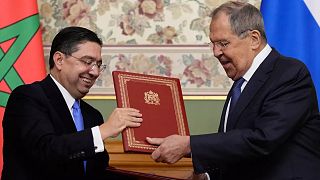
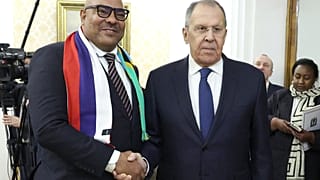
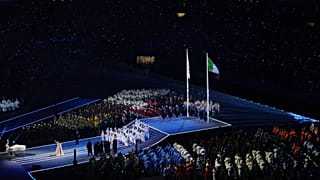
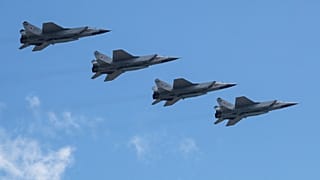
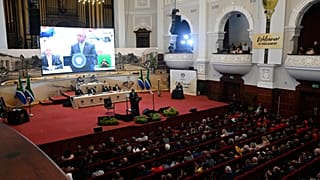
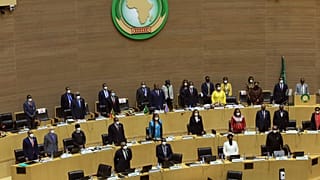

00:34
UN rights chief urges Ethiopia and Eritrea to de‑escalate tensions
01:08
Eritrea rejects Ethiopian claims of troops operating inside its borders
01:11
Ethiopia-Eritrea tensions: Fears of armed confontation grow
01:16
US and Iran reopen nuclear talks despite deep divisions and military threats
01:11
Niger military government to sue French uranium giant over environment
Go to video
Ethiopia denies Trump claim that US funded Nile mega-dam